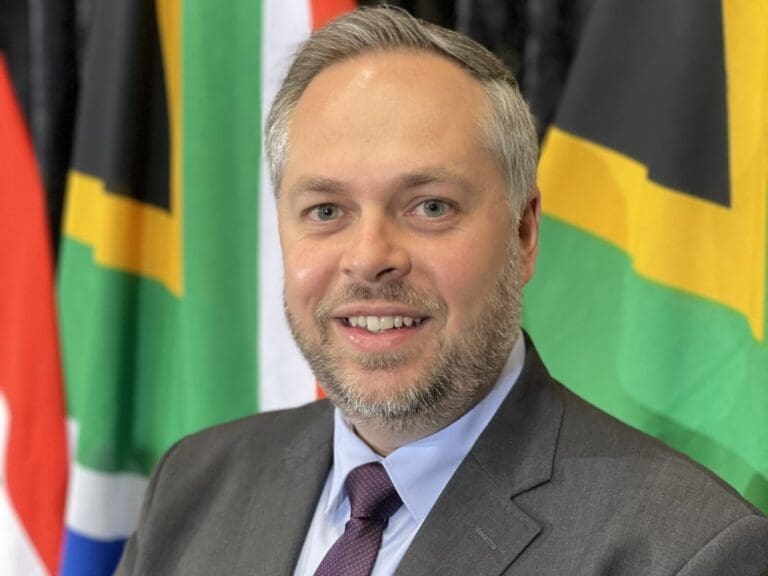The Democratic Alliance (DA) has welcomed the decisive reforms introduced by Home Affairs Minister Dr. Leon Schreiber to modernise the department’s identity verification service, calling it a critical step toward a more efficient and reliable system.
A System in Crisis
For years, the Home Affairs identity verification system operated at a meager fee of 15 cents per transaction, far below the actual cost of maintenance. This underfunding led to severe inefficiencies, including a 50% failure rate and a staggering 41,691 hours of system downtime over the past five years.
To put this into perspective, the downtime was four times worse than the hours lost due to load shedding, severely impacting banks, job seekers, social grant applicants, and everyday South Africans trying to access essential services.
A New Era of Reliability
Under Minister Schreiber’s reforms, the failure rate is expected to drop to under 1%, marking a dramatic improvement in system performance.
The introduction of a R10 verification fee is a necessary measure to fund critical upgrades and ensure long-term stability.
Adrian Roos, DA Spokesperson on Home Affairs, stated: “The goal is not profit, but performance. Without this change, South Africa cannot build a functioning digital state that serves its people fairly and consistently.”
Balancing Cost and Efficiency
While some have raised concerns over the fee increase, others recognize the necessity of a reliable verification system. Minister Schreiber’s approach ensures cost recovery while investing in modernization, with the DA urging that all revenue be ringfenced for digital infrastructure improvements.
This reform is a vital step in restoring public trust in Home Affairs, ensuring South Africans have access to a secure, efficient, and always-available ID verification system.
